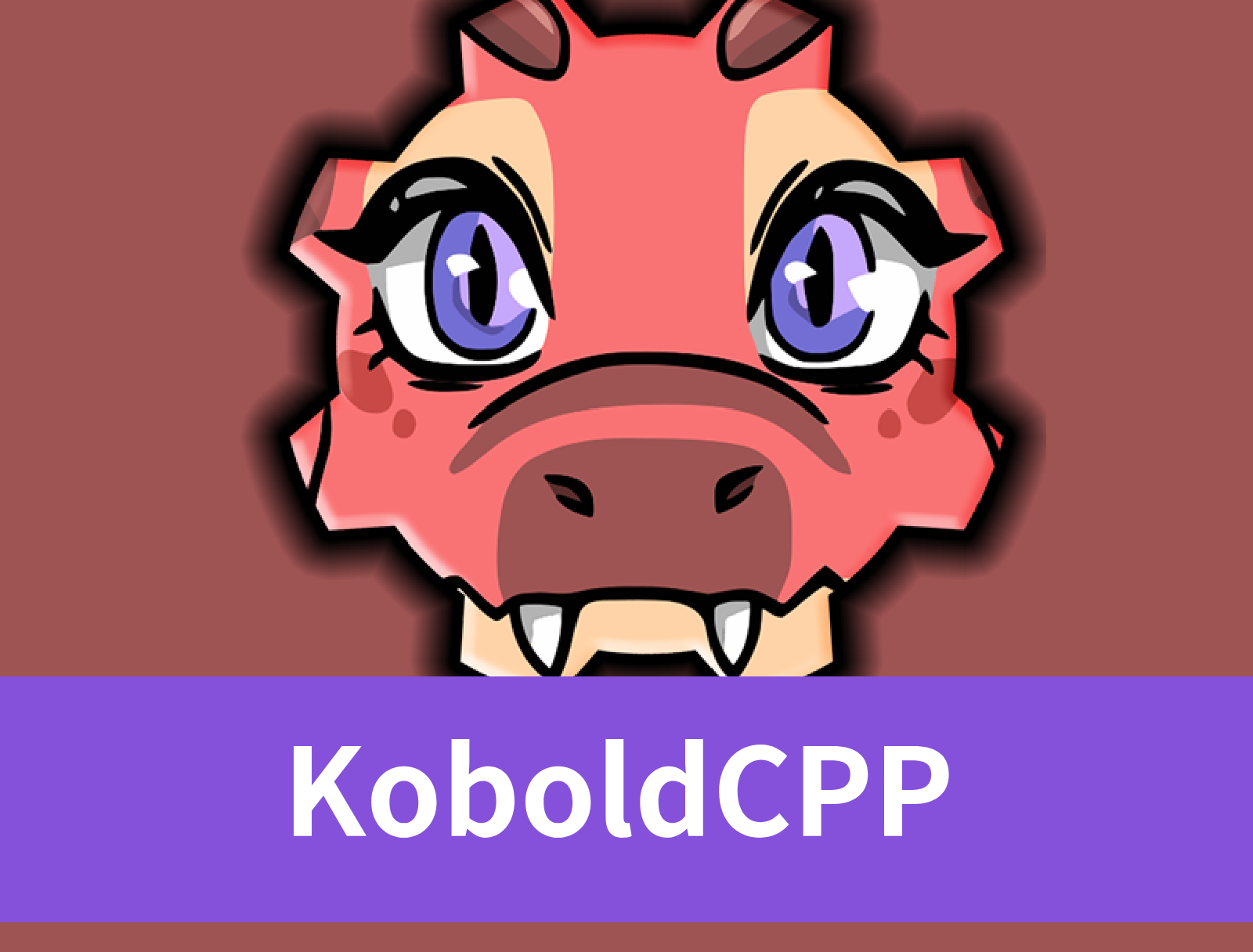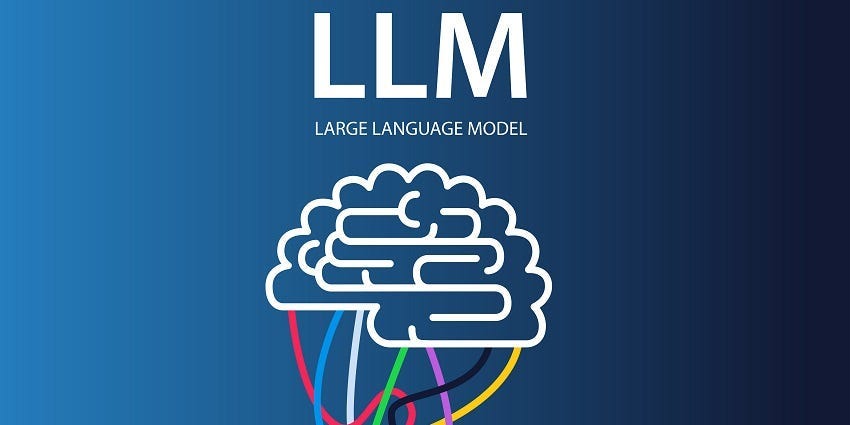Discover KoboldCpp: A Game-Changing Tool for LLMs
 NovitaAI
NovitaAI
What is KoboldCpp
KoboldCpp is a game-changing tool specifically designed for running offline LLMs (Large Language Models). It provides a powerful platform that enhances the efficiency and performance of LLMs by leveraging the capabilities of GPUs (Graphics Processing Units). With KoboldCpp, users can take their LLMs to the next level and unlock their full potential. KoboldCpp supports both .ggml and .gguf models, including the popular gpt4-x-alpaca-native-13B-ggml model, making it a versatile tool for all LLMs. It is available for free on GitHub, making it accessible to all users regardless of expensive hardware requirements.
One of the key features of KoboldCpp is its ability to optimize the usage of GPU layers. GPU layers refer to the number of layers of the GPU that the LLM will use during processing. Different LLMs have different maximum layer limits, and KoboldCpp allows users to customize the number of GPU layers based on their specific requirements and parameter size. This ensures that users can achieve the optimal balance between performance and resource utilization by selecting either Use CuBLAS (for NVIDIA GPUs), Use hipBLAS (ROCm) (for AMD GPUs using YellowRoseCx’s fork), or Use OpenBLAS (for other GPUs) in the KoboldCPP GUI. Additionally, KoboldCpp supports GPU offloading, allowing for even more efficient use of resources. With this feature, developers can offload some of the processing to their GPU, freeing up memory and maximizing performance. This is especially useful for those with powerful GPUs, such as the RTX 2070 max q with 8GB of VRAM.
Setting up and configuring KoboldCpp is a straightforward process. Users can access the tool through the command prompt or a user-friendly GUI (Graphical User Interface) interface. The command prompt provides advanced options and flexibility, while the GUI interface simplifies the setup process for users who prefer a more intuitive experience.
By utilizing KoboldCpp, users can harness the power of GPUs to greatly enhance the efficiency and performance of their LLMs. Whether you are a researcher working on cutting-edge AI models or a developer looking to integrate LLMs into your applications, KoboldCpp, developed by AMD, is a game-changing tool that can provide valuable info and take your work to new heights.
The Genesis of KoboldCpp
KoboldCpp has a fascinating origin story that dates back to its genesis. The tool was developed by a team of AI enthusiasts and researchers who recognized the need for an efficient and powerful platform for running offline LLMs. Over time, KoboldCpp has undergone several iterations and updates, with each release introducing new features and improvements. The latest version, Kobold Lite, offers a versatile API endpoint, additional format support, Stable Diffusion image generation, backward compatibility, and a user-friendly webui with persistent stories, editing tools, save formats, memory, world info, author’s note, characters, scenarios, and a user interface (UI) for a seamless experience in the terminal. With the ability to provide a filename for benchmarking results, KoboldCpp offers even more functionality for users to track and analyze their LLMs.

The latest release of KoboldCpp showcases the culmination of years of research and development, resulting in a robust and user-friendly tool that is revolutionizing the way LLMs are handled. It incorporates cutting-edge technologies and optimizations to provide users with unmatched performance and efficiency.
With each release, KoboldCpp continues to evolve and adapt to the ever-changing landscape of AI and LLMs. The development team is dedicated to pushing the boundaries of what is possible with LLMs, ensuring that users have access to the most advanced and powerful tools for their research and development endeavors.

Key Features of KoboldCpp
KoboldCpp boasts a wide array of features that make it a game-changing tool for LLMs. Let’s explore some of its key features:
GPU Optimization: KoboldCpp leverages the power of GPUs to enhance the efficiency and performance of LLMs. Users can customize the number of GPU layers for optimal resource utilization.
API Integration: KoboldCpp can be seamlessly integrated with other programming languages, allowing developers to incorporate its capabilities into their existing workflows and applications.
User-Friendly GUI: KoboldCpp provides a user-friendly GUI interface that simplifies the setup and configuration process. Users can easily navigate through the options and customize their LLMs with ease.
Command Prompt: For advanced users, KoboldCpp offers a command prompt interface that provides additional options and flexibility for fine-tuning LLM settings.
These features, combined with KoboldCpp’s robust performance and efficiency, make it an indispensable tool for researchers and developers working with LLMs. Whether you are looking to optimize resource utilization, integrate LLMs into existing applications, or streamline your text generation process, KoboldCpp has you covered.
How KoboldCpp Enhances Large Language Models (LLMs)

KoboldCpp is designed to enhance the efficiency and performance of Large Language Models (LLMs). By leveraging the power of GPUs and providing advanced optimization techniques, KoboldCpp enables developers to unlock the full potential of their LLMs, including the popular Chat-completion chatbot. With Novita’s serverless service, Chat-completion offers a hassle-free experience, requiring no hardware configuration or model deployment. They enrich role-play scenarios, encourage lively debates, and unlock a realm of creativity and expression, all while being NSFW-friendly.

With its customizable GPU layers and efficient resource utilization, KoboldCpp ensures that LLMs can process data faster and more efficiently. This translates to improved text generation capabilities and enhanced performance for a wide range of applications, including chatbots, language translation systems, and virtual assistants. KoboldCpp, developed by Concedo, is a game-changing tool that empowers researchers and developers to take their LLMs to new heights of efficiency and effectiveness. All feedback and comments can be directed to Concedo on the KoboldAI discord.
Simplifying Complex Computations
Complex computations are a crucial aspect of LLMs, and KoboldCpp simplifies this process by leveraging the power of GPUs. With KoboldCpp, developers can offload the computational workload to GPUs, allowing for faster and more efficient computations. This is especially beneficial for LLMs that utilize GGUF (GPU+CPU) models, as it ensures that the computational load is distributed effectively across the available resources. By simplifying complex computations, KoboldCpp enables users to generate text output with greater ease and efficiency. Researchers and developers can now focus on the creative aspects of their work, knowing that KoboldCpp is handling the computational heavy lifting for them.
Boosting the Efficiency of Data Processing
Data processing is a critical aspect of LLMs, and KoboldCpp excels in boosting the efficiency of this process. With its customizable GPU layers, KoboldCpp allows users to optimize the utilization of their NVIDIA GPUs, resulting in faster and more efficient data processing. By harnessing the power of GPUs, KoboldCpp accelerates the computation of large language models, enabling users to process vast amounts of data in a fraction of the time. This increased efficiency not only saves valuable time but also enhances the overall performance of LLMs, making them ideal for real-time text generation, language translation, and other data-intensive applications. With KoboldCpp, researchers and developers can maximize the efficiency of their data processing workflows, bringing their LLMs to new heights of performance.
Future Predictions: The Road Ahead for KoboldCpp and LLMs
The future of KoboldCpp and LLMs is promising, with several exciting developments on the horizon. Here is a glimpse of what the future holds:
Enhanced Performance: As hardware technology continues to advance, KoboldCpp will continue to optimize its performance and efficiency, enabling users to achieve even faster and more accurate text generation.
Integration with Advanced APIs: KoboldCpp is expected to integrate seamlessly with advanced APIs, allowing for more dynamic and interactive text generation capabilities.
Improved Customization: Users can look forward to enhanced customization options in KoboldCpp, enabling them to fine-tune their LLMs and achieve highly specific text generation goals.
Collaboration and Community: The KoboldCpp community is expected to grow, fostering collaboration and knowledge sharing among researchers and developers, leading to groundbreaking advancements in the field of LLMs.
These predictions signal an exciting future for KoboldCpp and LLMs, with endless possibilities for innovation and advancement.
Common Pitfalls and How to Avoid Them
While using KoboldCpp, it is important to be aware of common pitfalls that users may encounter. By understanding these pitfalls and implementing best practices, users can avoid potential issues and ensure a smooth experience with KoboldCpp. Some common pitfalls to watch out for include improper configuration settings, insufficient GPU resources, and compatibility issues with specific LLM models. To avoid these pitfalls, it is recommended to carefully read the documentation and follow the setup instructions provided by KoboldCpp. Additionally, regularly checking for updates and staying engaged with the KoboldCpp community can help users stay informed about potential pitfalls and their solutions, ensuring a positive user experience.
Conclusion
KoboldCpp emerges as a revolutionary tool for optimizing Large Language Models (LLMs) by simplifying intricate computations and enhancing data processing efficiency. Through real-world applications and success stories, it showcases the transformative impact on LLMs. Despite challenges, KoboldCpp offers troubleshooting tips and guidance for users. The future holds promising advancements for KoboldCpp and LLMs, ensuring an efficient and effective path forward. Discover the unparalleled capabilities of KoboldCpp in handling LLMs and explore the vast resources available for further exploration. Exciting opportunities await those delving into the world of KoboldCpp!
Frequently Asked Questions
What Makes KoboldCpp Unique in Handling LLMs?
KoboldCpp stands out from other tools in its ability to optimize the usage of GPUs for efficient handling of LLMs. With customizable GPU layers and advanced data processing capabilities, KoboldCpp enables users to unlock the full potential of their LLMs and achieve unmatched performance and efficiency.
Can KoboldCpp be Integrated with Other Programming Languages?
Yes, KoboldCpp can be seamlessly integrated with other programming languages. Its API allows developers to incorporate KoboldCpp’s capabilities into their existing workflows and applications. This enables them to leverage the power of KoboldCpp for enhanced text generation and analysis in their projects, regardless of the programming language they are using.
Where Can I Find Resources to Learn More About KoboldCpp?
To learn more about KoboldCpp and its features, users can access the official documentation and tutorials provided by the KoboldCpp community. These resources offer comprehensive information on setup, configuration, troubleshooting, and best practices for getting the most out of KoboldCpp.
Originally published atnovita.ainovita.ai provides Stable Diffusion API and hundreds of fast and cheapest AI image generation APIs for 10,000 models.🎯 Fastest generation in just 2s, Pay-As-You-Go, a minimum of $0.0015 for each standard image, you can add your own models and avoid GPU maintenance. Free to share open-source extensions.
Subscribe to my newsletter
Read articles from NovitaAI directly inside your inbox. Subscribe to the newsletter, and don't miss out.
Written by
